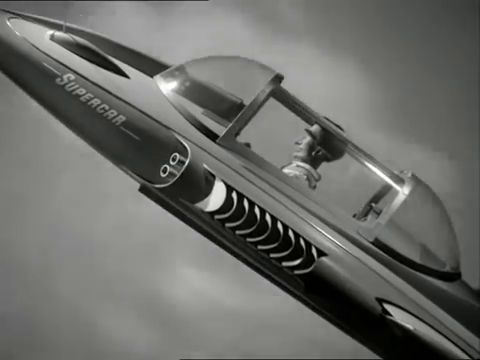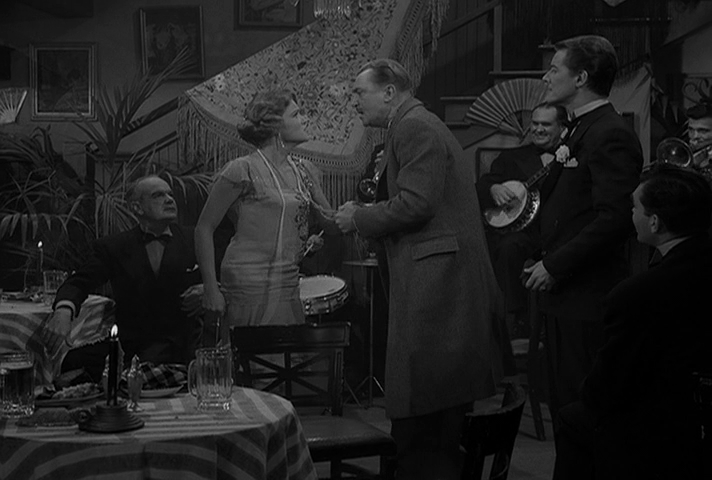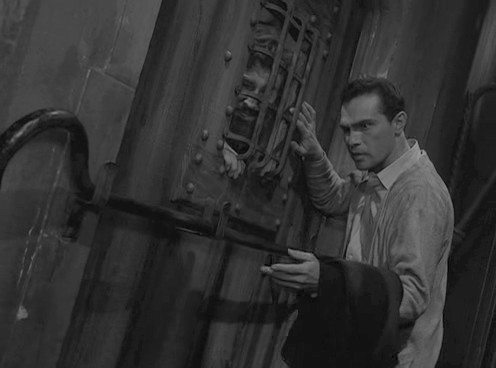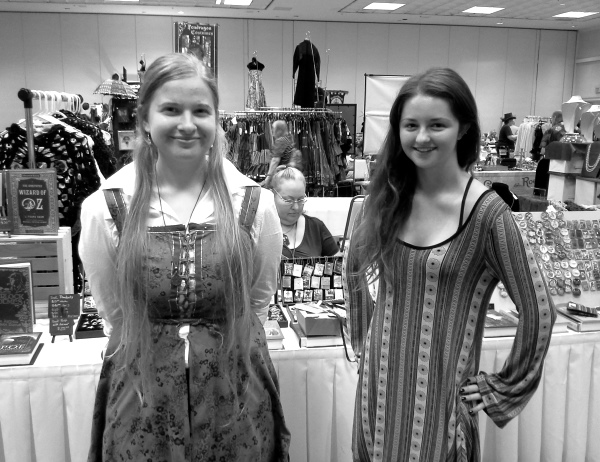Twenty years ago, even ten (and zero in some places), science fiction was all about the twist ending. Aliens would seed a dead planet with life only for it to turn out…that planet was EARTH! Or folks might spend a story in a struggle to stay alive, only to find out THEY WERE ALREADY DEAD! And so on. Stories would usually end with a shock sentence, often with copious slammers (!!!)
But the genre matured. Characters, writing, and fully explored concepts appeared. These days, the "gimmick" often takes the back seat, facilitating rather than dominating the story.
The Twilight Zone, the science fiction/fantasy/horror anthology created by Rod Serling, is generally a cut above anything else on TV. This includes its pale competitors like One Step Beyond and Way Out. Unfortunately, several times in the first season, and more frequently in this, the second season, the show has aped the gimmick stories of print sf. The result is a run of predictable, sub-par episodes. There is light at the end of this tunnel, however – the most recent episodes have returned the focus to interesting characters and genuine drama.
First, we have to get there:
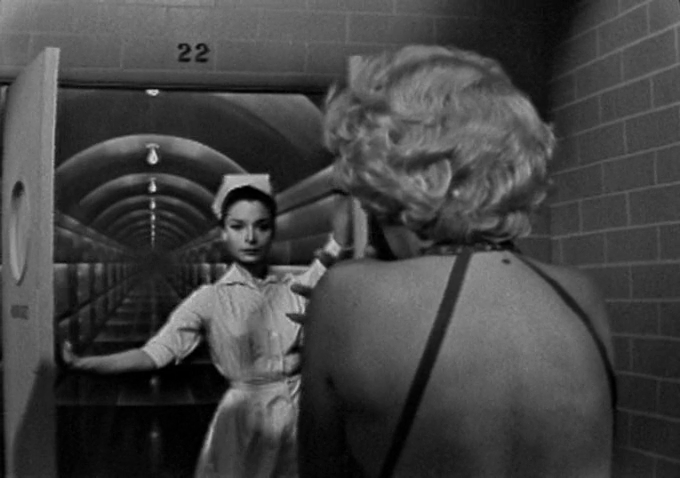
The episode preceding the lackluster The Odyssey of Flight 33 was the lackluster 22. In it, a young dancer has been committed to hospital for an apparent case of nerves. She repeats a chilling dream: she awakens, a glass crashes to the floor, she follows a nurse to the hospital basement, and there she finds the nurse waiting behind a door marked "22" – the morgue. It is a clear case of precognition, though no one believes her, including herself. At the episode's end, the dancer, wide awake, is about to board a plane. Just before she does, something crashes to the terminal floor, and she notes the plane is number 22, its stewardess the nurse of her dreams. She falls in hysterics and watches wide-eyed as the plane takes off without her…and explodes over the runway.
It sounds a lot better when I type it than when you watch it, which is the problem. It's yet another of the episodes captured on videotape rather than film, an unsuccessful experiment I hope is ended soon. The acting is a notch too broad, particularly the sardonic, uncaring doctor (though perhaps this is intended to make us think that even the dancer's waking scenes are dreams). In short, good concept, mediocre presentation. Two stars.
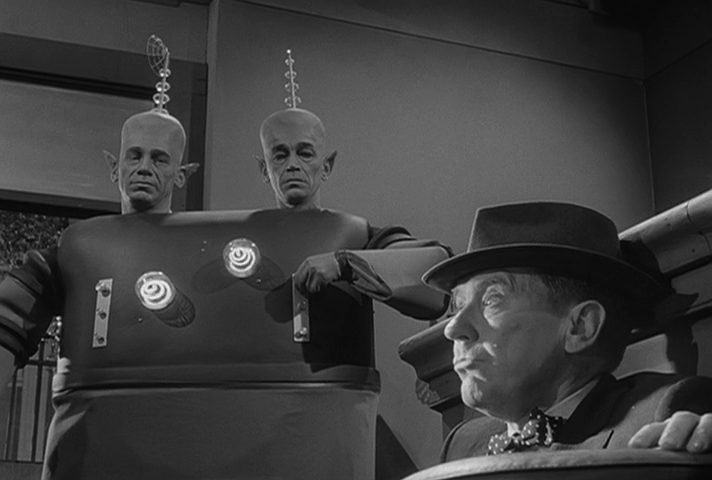
Burgess Meredith is back for the silly Mr. Dingle, the Strong. Take the most nebbishy of folks and give him the strength of Superman; then sit back and watch the fun unfold. Of course, you can't leave it there, so rob him of his powers at a critical juncture to ensure maximum humiliation.
It's somehow not awful. In particular, the strength effects are nicely done. Lots of scenes with a scrawny fellow lifting heavy objects, punching holes in walls, etc. Also, the aliens that bestow strength are genuinely hilarious. Bad concept…but good presentation. Three stars.

The dreary Static, in which a regretful old man tunes into the past on a magic radio, could have been good. Like any bad gimmick story, it draws out far too long without developing the characters beyond bare pencil sketches. Videotape doesn't help this one either. One star.
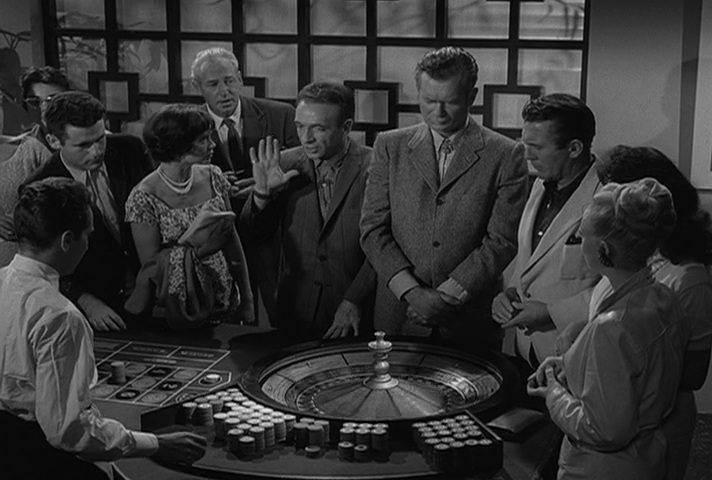
Things end on a high note, though. The Prime Mover is an excellent character study that starts right – with the focus on the players, not the twist. Ace Larsen is a fellow who feels down on his luck, despite co-ownership of a little coffee shop, the love of a lovely co-worker, Kitty, and the unflagging friendship of the other owner, Jimbo Cobb. It's Ace's desire for more, what he considers his due, that promises to be his undoing, especially when it turns out Cobb has the power of psychokinesis, able to manipulate items with his mind.
They end up in Vegas, with Ace raking in the dough at the craps and roulette tables. With winnings totaling $200,000, both Kitty and Cobb urge Ace to pack it in, but Ace wants one more game, even if it means losing Kitty, and perhaps, sight of what's really important. At a high-stakes craps bout with a notorious gangster, Cobb "blows a fuse" right as Ace lets his fortune ride. Ace is left with nothing.
Or is he? The event proves a watershed for the basically good-hearted Ace. He laughs off the loss, returns back to the restaurant and proposes to Kitty, who accepts. As a coda, we see that the seemingly simple Cobb hadn't lost his power at all. It was all orchestrated for Ace's maximum benefit. Now there's a friend.
The episode works because the gimmick, Cobb's psionic ability, is almost incidental. It isn't even revealed until almost a quarter-way through. While I was pretty sure Ace was going to lose his winnings in the end, I was delighted to see that it wasn't the point. Excellent acting and cinematography help, too. Five stars.

More good news: the succeeding episode was also good…but you'll just have to wait until the next round-up to read about it!
Coming up, Part 2 of my article on the Women of Science Fiction. Expect it day-after-day-after-tomorrow.












